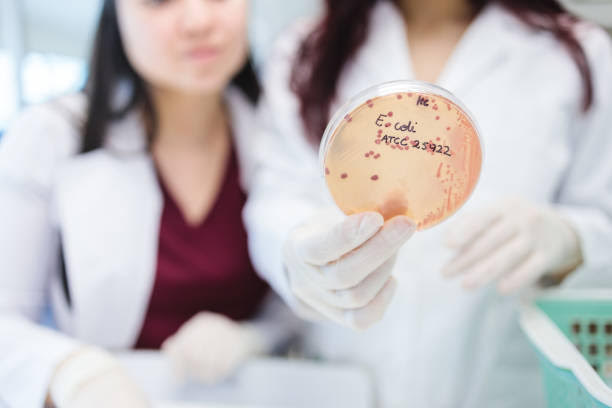Protozoa are single-celled microscopic organisms that can cause various infections in humans. These infections, known as protozoal infections, can lead to a range of symptoms and health issues. Understanding protozoa infection, their causes, symptoms, and treatment options, is crucial for effective management and prevention.
Causes of Protozoa Infections:
Protozoa infections are typically caused by ingesting contaminated food or water, or through the bite of an infected insect, such as a mosquito or tick. Poor sanitation and hygiene practices can also contribute to the spread of these infections. Some common protozoa that cause infections in humans include Giardia lamblia, Entamoeba histolytica, and Plasmodium species (which cause malaria). Nitazoxanide 500 mg help in treating protozoa infection.
Symptoms of Protozoa Infections:
The symptoms of a protozoa infection can vary depending on the type of protozoa and the location of the infection. Common symptoms include:
- Diarrhea
- Abdominal pain
- Nausea and vomiting
- Fever
- Fatigue
- Weight loss
In some cases, protozoa infections can lead to more severe complications, especially if left untreated. For example, malaria, caused by Plasmodium species, can lead to severe anemia, organ failure, and even death if not treated promptly.
Treatment of Protozoa Infections:
The treatment of a protozoa infection depends on the specific protozoa causing the infection. In many cases, anti-parasitic medications are used to kill the protozoa and clear the infection. Commonly used medications include nitazoxanide 200 mg, tinidazole, and chloroquine.
In addition to medication, supportive care such as rehydration and rest may be necessary to help manage symptoms and promote recovery. It’s important to follow your healthcare provider’s instructions carefully when taking medication for a protozoa infection to ensure the infection is fully cleared.
Prevention of Protozoa Infections:
Preventing protozoa infections involves practicing good hygiene and sanitation habits. This includes:
- Washing hands frequently with soap and water, especially before eating and after using the bathroom
- Avoiding drinking untreated water from lakes, rivers, or streams
- Ensuring food is properly cook and store to prevent contamination
- Using insect repellent and mosquito nets to avoid insect bites in areas where protozoa infections are common
By taking these preventive measures, you can reduce your risk of contracting a protozoa infection and protect your health.
In conclusion, protozoa infections are cause by single-celled organisms that can lead to a range of symptoms and health issues. Understanding the causes, symptoms, and treatment options for these infections is important for effective management and prevention. Practicing good hygiene and sanitation habits can help reduce your risk of contracting a protozoa infections and protect your health.
